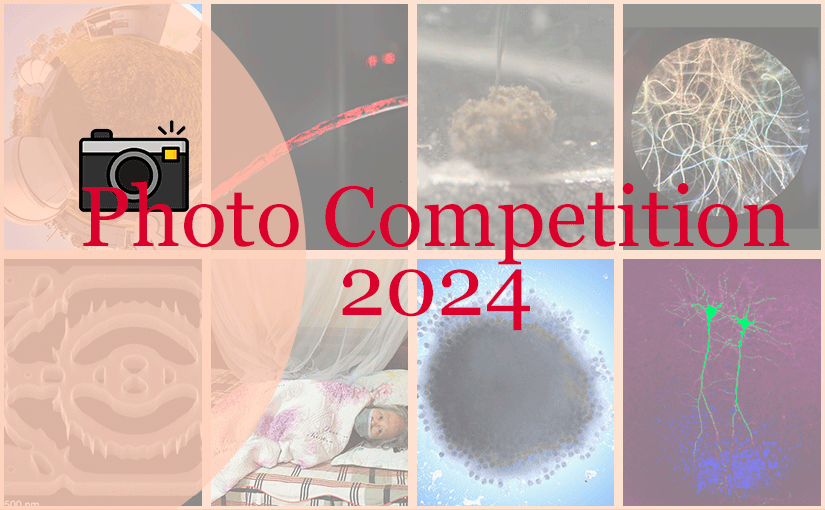It’s not easy but it’s worth it.
Bonetti is a researcher in neuroscience. He is interested in how music can help us understand the brain, particularly in older adults, and his goal is to create a tool that can measure an individual’s risk of developing dementia.
“Neuroscience relies a lot on multidisciplinary collaborations because it involves many different disciplines like psychology, medicine, and, of course, anatomy. And concepts from physics, mathematics, engineering, and computer science are also necessary,” said Bonetti.
He explained how the multi-disciplinary aspect is well-developed in the collaboration between Aarhus and Oxford. “In both Aarhus and Oxford, we have a state-of-the-art magnetoencephalography (MEG) laboratory, where we can collect high-quality data. The idea is to aggregate datasets, to collect them in both Aarhus and Oxford, and to develop, together, novel analytical solutions for a better understanding of the data.”
Bonetti explained that he could also analyze the data in Aarhus, but his Oxford colleagues are experts in this, and having them do the analysis allows him to improve his analytical abilities and develop better analytical tools.
“And it’s also important that I bring the technical skills, analytical solutions, and results developed in Oxford back to the students in Aarhus. In this way, I can contribute to the quality of the research in Denmark.”
It takes a lot of planning and hard work to divide research between two or more countries, but from Bonetti’s point of view, it’s worth the trouble. In the video interview, Bonetti explains more about the important benefits of the collaboration between Aarhus and Oxford.
Read more about Leonardo Bonetti’s research and the collaboration between Oxford and Aarhus
In addition to the DNRF, Leonardo Bonetti is supported by several generous grants from foundations such as the Lundbeck and Carlsberg Foundations and the Linacre College of the University of Oxford.

